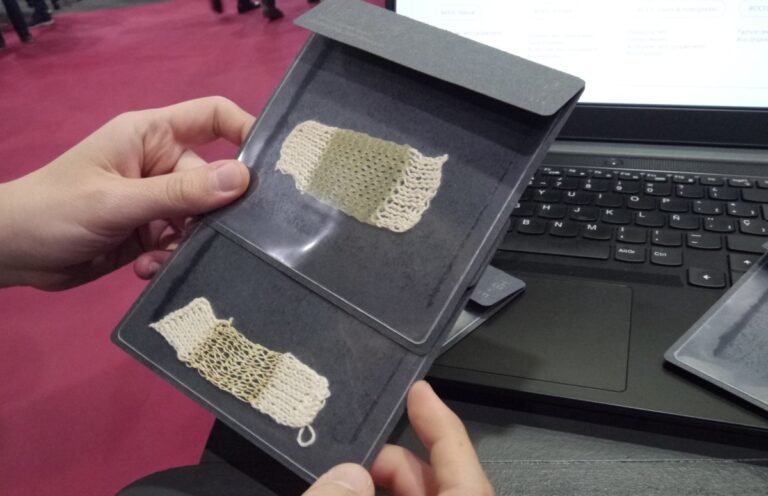“Breaking the Cycle: Aepnus’ Vision for a Sustainable Battery Industry”

Wastewater from these plants emerges laden with sodium sulfate, a byproduct of sulfuric acid and caustic soda, two chemicals used in battery manufacturing, copper refining and other industries.
“We can totally create a circular economy around these reagent chemicals,” Bilen Akuzum, co-founder and CTO of Aepnus Technology, told TechCrunch.
The two founded Aepnus to modernize the century-old chloralkali process, which splits salts like sodium sulfate back into the acids and bases that created them.
“We don’t use any expensive catalysts in our electrolyzers,” Akuzum said.
For customers, fully recycling sodium sulfate waste should reduce disposal and material costs.




